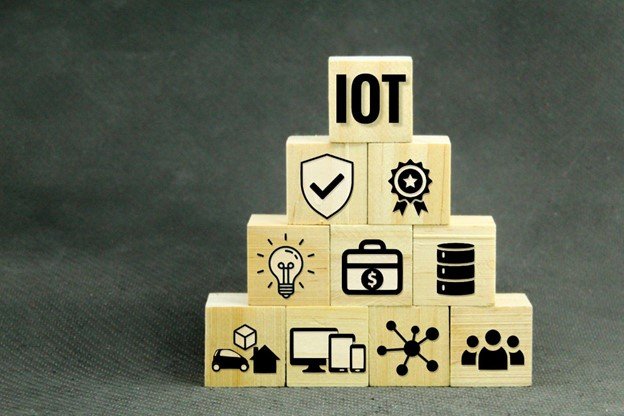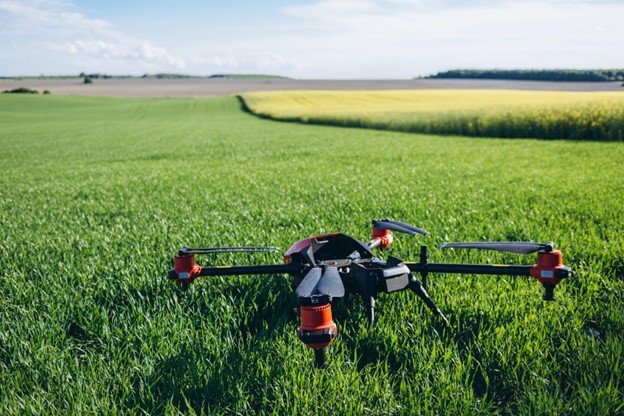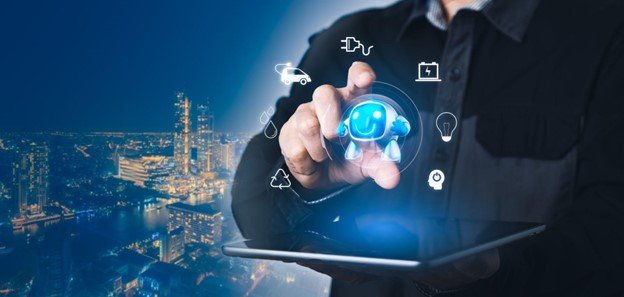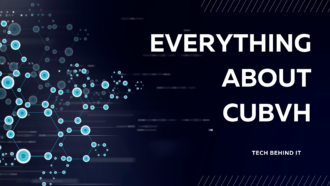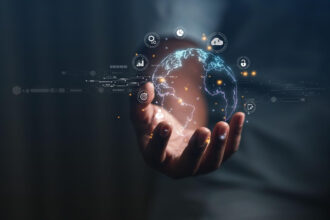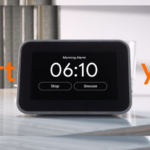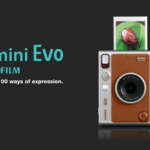The Rise of Smart Devices: A Quick Dive into the Internet of Things
- 1 The Evolution of Smart Devices
- 2 The Benefits of IoT and Smart Devices
- 2.1 Enhanced Efficiency and Automation
- 2.2 Improved Productivity in Businesses
- 2.3 Transformation of Industries
- 2.4 Enhanced Safety and Security
- 2.5 Personalized and Connected Experiences
- 2.6 Environmental Sustainability
- 3 Exploring the Applications of IoT and Smart Devices
- 3.1 Smart Homes
- 3.2 Healthcare
- 3.3 Transportation
- 3.4 Retail
- 3.5 Industry and Manufacturing
- 4 Ethical Considerations and Regulatory Frameworks for IoT
- 5 Future Trends and Outlooks for IoT
- 6 Key Takeaways
Thanks to the Internet of Things (IoT), the world is becoming increasingly interconnected. This term refers to the network of smart devices connected to the internet, enabling them to communicate, collect and exchange data, and perform various tasks without human intervention.
This transformative technology has gained significant importance and revolutionized numerous sectors, including homes and industries. In this article, we will explore the rise of smart devices and delve into the fascinating world of the Internet of Things.
The Evolution of Smart Devices
Top IoT companies have worked hard through the years to contribute to the development of revolutionary technologies. Smart devices have come a long way since their inception. Early on, we witnessed the introduction of smartphones and smartwatches, which offered advanced capabilities and connectivity.
Miniaturization became a key factor as technology progressed, allowing everyday objects to become “smart.” Today, we see smart devices integrated with sensors, actuators, and wireless communication, enabling them to be part of the IoT ecosystem.
The Benefits of IoT and Smart Devices
Let’s look at the multitude of benefits that the IoT and smart devices bring to our lives:
Enhanced Efficiency and Automation
By connecting devices and enabling them to share data and communicate, IoT allows for automation and optimization of processes. This automation saves time and resources, reducing manual effort and human error.
Improved Productivity in Businesses
IoT has revolutionized industries by offering real-time monitoring, predictive maintenance, and streamlined operations. Connected devices and sensors can collect data on equipment performance, supply chain logistics, and customer preferences, enabling businesses to make data-driven decisions and optimize their processes.
Transformation of Industries
IoT has the potential to transform entire industries and create new opportunities. For instance, in agriculture, smart sensors can monitor soil conditions, weather patterns, and crop health, enabling farmers to make data-informed decisions regarding irrigation, fertilization, and pest control.
Enhanced Safety and Security
IoT-enabled devices contribute to safety and security in various domains. In smart homes, connected security systems can send real-time alerts to homeowners’ smartphones, allowing them to monitor and respond to potential threats remotely.
IoT-enabled surveillance cameras provide continuous monitoring, and smart locks offer secure access control. IoT-based systems can detect and address safety hazards in industries, monitor employee well-being, and enhance overall security protocols.
Personalized and Connected Experiences
Smart devices can learn from user interactions and adapt their functionality accordingly. For instance, virtual assistants can provide personalized recommendations, such as suggesting music playlists or curating news updates based on individual preferences.
Environmental Sustainability
Smart devices and sensors can monitor energy consumption, water usage, and environmental conditions, enabling individuals and businesses to optimize resource utilization and reduce waste.
For example, smart grids can balance energy demand and supply, reducing carbon emissions and promoting renewable energy integration. IoT can also contribute to waste management by optimizing collection routes and enabling smart recycling solutions.
Exploring the Applications of IoT and Smart Devices
Let’s go over concrete applications of this technology and learn how the IoT and smart devices are transforming lives and industries, from improving convenience and energy efficiency in smart homes to revolutionizing healthcare, transportation, retail, and industry.
Smart Homes
Homes have become more convenient and energy-efficient through IoT-enabled devices, such as smart thermostats, lighting systems, and security cameras. With automated controls and remote access, homeowners can easily manage temperature, lighting, and security systems.
These devices learn our preferences and adjust settings accordingly, maximizing comfort while minimizing energy wastage. From adjusting the temperature before we arrive to turning off lights automatically when we leave, smart homes make our lives more convenient and environmentally friendly.
Healthcare
IoT devices enable remote patient monitoring, providing real-time data to healthcare professionals and improving the quality of care. Wearable devices and smart sensors can track vital signs, medication adherence, and activity levels, helping physicians care for their patients better.
This technology enables timely interventions, reduces hospital readmissions, and empowers patients to participate in their well-being actively. IoT is revolutionizing healthcare delivery by bridging the gap between healthcare providers and patients.
Transportation
Connected vehicles powered by IoT technology are enhancing road safety and efficiency. IoT-enabled sensors and car communication systems facilitate real-time data exchange between vehicles, infrastructure, and the transportation network.
This enables adaptive cruise control, lane departure warnings, and collision avoidance systems, making driving safer and reducing accidents. Also, IoT enables traffic management systems to optimize routes, minimize congestion, and improve fuel efficiency.
Retail
Devices such as smart shelves utilize IoT technology to track inventory levels in real-time, optimize stock management, and provide retailers with valuable insights for improving efficiency and customer satisfaction.
Industry and Manufacturing
IoT-enabled sensors and machines collect data on equipment performance, production lines, and supply chain logistics. This data allows businesses to identify bottlenecks, streamline operations, and predict maintenance needs.
IoT also facilitates the integration of machines and systems, enabling autonomous decision-making and seamless communication across the production line. By leveraging IoT, industries can achieve higher efficiency, reduce downtime, and improve overall productivity, ushering in a new era of manufacturing excellence.
Ethical Considerations and Regulatory Frameworks for IoT
Privacy and security are major concerns regarding smart devices that collect and share personal data. This can put our information at risk and lead to unauthorized access or data breaches.
To solve these issues, device makers aim to build strong security measures, like encryption and authentication, and regularly update them to stay ahead of threats. As users, we can also do our part by adjusting device settings to limit data collection and being careful about which data we share.
Also, policymakers must create laws protecting our data and ensure IoT companies follow all regulatory obligations. Users should be able to understand what data is collected and give their consent.
Lastly, educating people about the risks and how to protect themselves is essential. By working together and taking these steps, we can ensure our privacy is respected, and our smart devices are safer.
Future Trends and Outlooks for IoT
Looking ahead, the IoT ecosystem is set to expand even further. Integrating artificial intelligence and machine learning will enhance the capabilities of smart devices, allowing them to learn and adapt to user preferences.
For example, we might see the emergence of smart cities, where IoT technology seamlessly integrates with urban infrastructure. These cities could optimize energy usage, improve transportation systems, enhance public safety, and create more sustainable and efficient environments for their citizens.
Key Takeaways
The rise of smart devices and the Internet of Things has paved the way for a connected and automated world. IoT’s convenience, efficiency, and transformative impact are evident in our everyday lives, industries, and cities.
However, security and ethical challenges must be addressed to ensure this technology’s responsible and sustainable development. With continuous advancements and innovative use cases, the Internet of Things holds immense potential for shaping our future and improving how we live, work, and interact with the world.

